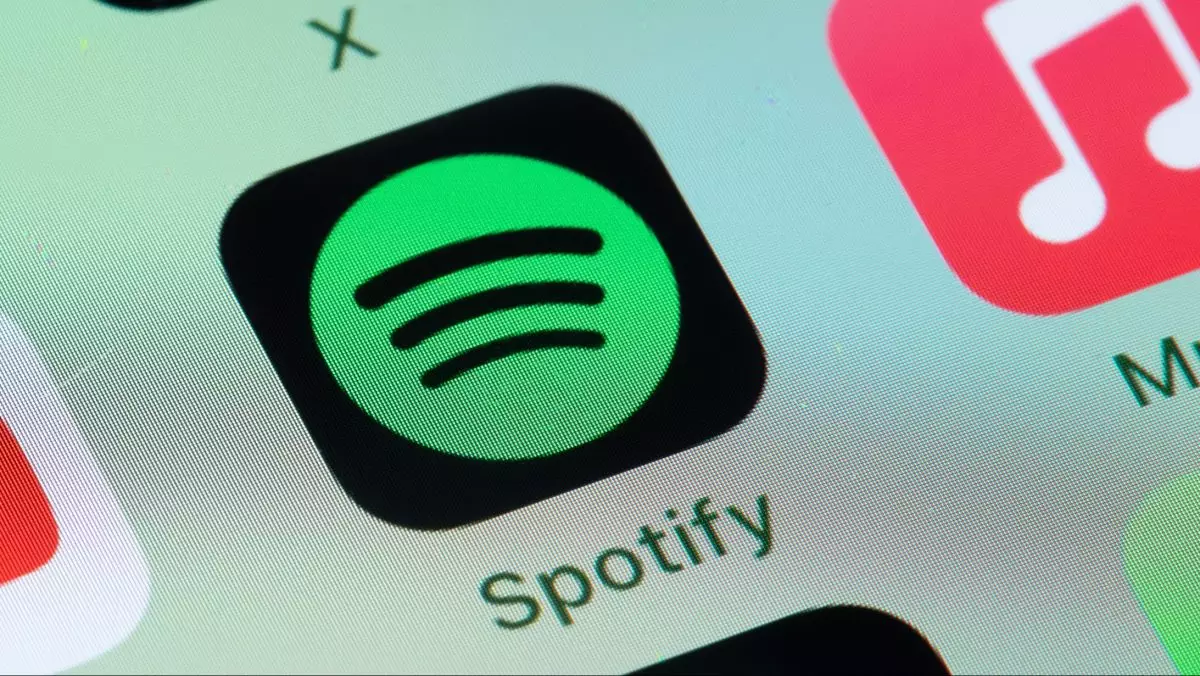In a move that has stirred significant conversation within the developer community, Spotify has announced a restriction on third-party apps accessing crucial features of its Web API. As the music streaming giant continues to navigate a rapidly evolving landscape dominated by artificial intelligence and data security concerns, this decision foregrounds the ongoing debate regarding data ownership, usage rights, and innovation in the music tech industry.
The ramifications of this announcement are profound, particularly for developers who have relied on Spotify’s APIs to enhance their applications. The specific functionalities being restricted include song and artist recommendations, which are essential for creating personalized music experiences. Spotify’s API has long been a cornerstone for developers aimed at building applications around musical trends and user preferences—data that is now off-limits. This decision underscores a growing trend of major companies tightening their grip on data that could be construed as proprietary.
Spotify’s explanation for these API changes revolves around “security challenges” that businesses are generally facing today. The company aims to prevent misuse of its data, particularly in terms of scraping and unauthorized access. However, the timing and manner of these restrictions raise eyebrows. Numerous developers have taken to forums to express their dismay, suggesting that the true driving force behind the decision may stem from a desire to protect Spotify’s interests against potential competitors, especially those employing advanced AI techniques to analyze user data.
One developer voiced a growing concern over the potentialities that transformer models might unlock for competitors, echoing a sentiment shared by many in the community. These developers suspect that while Spotify uses AI to bolster its own services—having introduced products such as an AI DJ—limiting external access falls more in line with protecting its business model than simply ensuring user privacy. This perception has led to accusations that Spotify is prioritizing its market position over the innovation and creativity that its ecosystem has historically encouraged.
The frustration among developers isn’t restricted to the loss of specific functionalities. Many had utilized Spotify’s API not solely for AI-based recommendations but for various creative and innovative applications across music enjoyment and engagement. Hence, the sweeping nature of the restrictions feels punishing and unjust, affecting projects that had no intent of infringing on Spotify’s competitive landscape.
Comments from developers indicate a sense of betrayal, believing these changes undermine the collaborative spirit that characterizes the tech environment. Accessibility to Spotify’s music analytics, such as audio features that quantify a track’s characteristics—like its rhythm, energy, and “danceability”—has been integral for building diverse music-related services. A widespread sentiment echoes that Spotify’s actions may stifle innovation in the long run, especially among smaller developers who rely on API access to differentiate themselves in a crowded market.
As Spotify fortifies its own exploration of AI-driven tools, the company finds itself in the unique position of being both a player and a gatekeeper within the realm of music data. With competitors inching closer in the race for developing cutting-edge music recommendation algorithms, this containment strategy may temporarily shield Spotify but poses significant risks to the vibrancy of the developer ecosystem.
Conversely, these actions could push developers toward alternative platforms, creating an insular environment for Spotify, where its AI models may persist but lack the external insights and innovations that an active developer community can provide. This could lead to stagnation, provoking a future where Spotify’s offerings lag behind those that leverage collective creativity harnessed by unrestricted access to diverse datasets.
Spotify’s decision to limit API access highlights a critical intersection of security, competition, and innovation in the music streaming sector. As developers navigate this shifting landscape, there is hope that Spotify will reconsider its approach to fostering a collaborative environment where both the company and the developer community can thrive. Moving forward, transparency regarding the motivations behind such changes and clear lines of communication may help mitigate backlash and reinvigorate the creative spirit that once flourished within the Spotify ecosystem.

